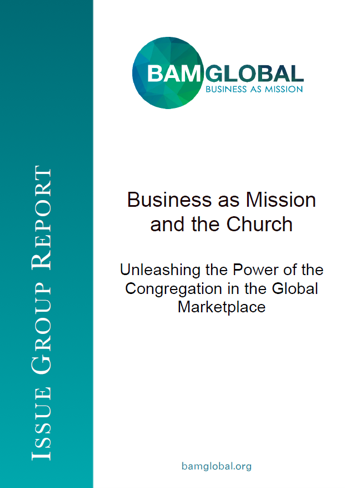
A 25-year anniversary coming up next month will either put God or the global church to shame.
Expectations where high as the 4.300 leaders at the Lausanne congress in Manila in 1989 were finalizing the Manila manifesto. For the first time the great challenge of the unreached people groups had been highlighted in front of leaders from the whole world-wide church. The participants from 173 nations were eager to take the Gospel further and make Jesus salvation known among the thousands of unreached people groups that were known. Leading voices believed that the job could be finished by the end of the millennium.
Now, 25 years later, the task of reaching the unreached in many ways looks just as unfinished as it did for the participants in Manila.
According to Joshua Project close to 7,000 of the world’s 16,600 people groups must still be labeled as unreached. The total number of people in these groups is close to three billion. More than 4,600 people groups are still below the radar of the worldwide church and no one is planning to reach them with the Gospel.
Shame
“We are deeply ashamed that nearly two millennia have passed since the death and resurrection of Jesus, and still two-thirds of the world’s population have not yet acknowledged him,” confessed the participants at the Manila congress.
Who is to blame for the fact that next to nothing has changed in the quarter of a century that has passed by since then? Has God stopped being on the move or does he no longer have a desire to see all people saved? Or is it Jesus followers who have misunderstood the task their Lord gave them or maybe they are just unwilling to fulfill it.
In an article posted on Joshuaproject.net, Kent Parks in Act Beyond points out some reasons why the church has failed to fulfill the Great Commission. Lack of interest is one key factor.
– The emphasis on unreached people groups seems to have resulted in “boredom”among some church leaders – and they seem to want to find the next idea. One Asian mission leader shared that just about the time the Western Christians have succeeded in raising awareness for the unreached people groups s around the world, some seem to have developed “attention deficit disorder” and want to move on to something new, writes Parks.
Lack of friends
Joshua Project estimates that for every dollar of Christian resources less than one penny is directed at reaching unreached peoples. The American-based resource center also refers to a survey done a few years ago showing the likeliness of Hindus, Buddhists and Muslims being reached with the Gospel. According to the survey 86 out of 100 Muslims, Buddhists and Hindus worldwide do not know a single Christian.
John 1:14 states: “The Word became flesh and blood, and moved into the neighborhood” (The Message). If God is to continue to be on the move, Christ’s followers may need to be willing to move too.
The summer months often give time for reflection. Could you consider applying for a job, start a business or study in a place where you can reach one of the people groups that has yet to hear the Gospel?
